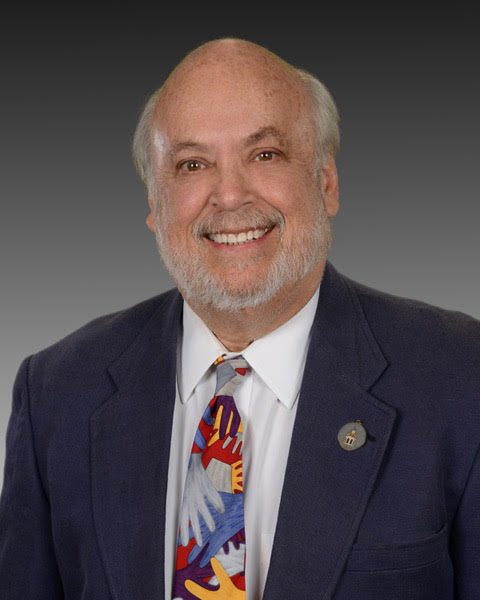By Rep. Paul Berch, D-Westmoreland
“I didn’t start this job to investigate other police officers” – John Scippa, director of Police Standards and Training Council, as quoted by Attorney Jefferson of the Public Defender’s Office.
Based on the work of the Law Enforcement Commission on Accountability, Community and Transparency (LEACT), appointed by Governor Sununu, a commission was established to recommend a framework to the Legislature for an entity to handle officer misconduct complaints, define officer misconduct and related matters. This commission appears to be going off the rails.
In an early meeting, not live-streamed for the public, the initial focus was one where the new state entity would be located and operated – as part of the police administrative structure (within Police Standards and Training Council) (PSTC) or more independent of the police themselves. The draft report, so far, would have the complaint review committee be contained entirely within the PSTC, which is run by Dir. Scippa. So far, independence from the police hierarchy is missing.
In a following meeting, the structure of review of officer misconduct complaints was considered. The draft proposal would essentially have all investigation done in-house by the police themselves. In fact, the only complaints that the in-house commission would investigate would be ones filed by the local police chief. If the local police chief decided that there was no basis for complaint against his/her officers, the complaint would be dumped. Even if the local police chief determined there was merit in the complaint, the PSTC would have the right to dismiss the complaint without investigation. Law enforcement would be in charge of investigating the police. The complaint review committee could only look at “properly filed” complaints and the police themselves would determine what is “properly filed.” Public accountability is missing.
Even if a complaint manages to get to the complaint review committee, the committee is overwhelmingly to be made up of law enforcement personnel and advocates. The work of the complaint review committee would be done in private. If there is a sustained finding of misconduct, the record would be made public after all appeals are completed, a process that could take years. Transparency is missing.
This is similar to the fate of the “Laurie List”, which according to the NH Supreme Court is supposed to be made public, subject to a balancing test for individual names and cases. But because of the various delays built into legislation, it may be years before names and cases are released.
Since a final draft is due in November, let me make a few suggestions:
- Investigation of police misconduct complaints must be truly independent. There are already many avenues for law enforcement to investigate allegations of misconduct.
- The public must perceive that the investigatory process is independent of law enforcement control.
- The complaint review committee must be located outside of law enforcement buildings and offices.
- The majority of the complaint review committee must be composed of non-law enforcement and non-law enforcement advocates.
- If probable cause is found that a complaint is credible, all further proceeding must be conducted in public.
- The complaint review committee should be authorized to hire an independent investigator.
- The complaint review committee should have subpoena power.
- Complainants and law enforcement officers should have the right of appeal to the Courts.
Let us keep in mind that a fair, independent, accountable and transparent complaint review process is good for law enforcement, good for complainants, good for elected and appointed officials and good for our communities.





